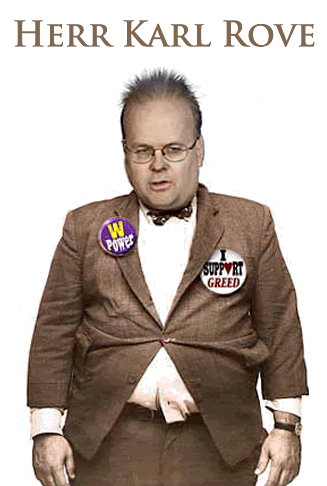A Journalist JailedA Journalist Jailed
Thursday, July 7, 2005; Page A18
THE JAILING of New York Times reporter Judith Miller yesterday in an attempt to force her to testify about a source is a damaging blow to the press's ability to do its job. Ms. Miller has refused to testify before the grand jury investigating the leak of Valerie Plame's identity as a covert CIA operative, and the federal courts have ruled against her claims of privilege. Yet while special prosecutor Patrick J. Fitzgerald was legally entitled to take action against her, his judgment in doing so is highly questionable. We don't yet know how compelling are the facts underlying this extraordinary sanction. They are still mostly secret. But unless Mr. Fitzgerald is preparing to bring a case of great public importance to which Ms. Miller's testimony is indispensable, her jailing will appear as a serious abuse of prosecutorial discretion and a gratuitous assault on press freedom.
Mr. Fitzgerald is charged with investigating whether the leak of Ms. Plame's identity by one or more administration officials to columnist Robert D. Novak two years ago constituted a criminal act. Yet so far the only person to actually face jail time in his prolonged investigation is a reporter who never wrote a story about Ms. Plame, let alone revealed her CIA affiliation. While an investigation of the leak was justified, it is far from clear -- at least on the public record -- that a crime took place. The threshold for criminality under the law protecting agents' identities is relatively high. Moreover, Mr. Fitzgerald has already heard from journalists whose sources have waived confidentiality -- including two from The Post. And he will now hear from another. Yesterday, Time magazine reporter Matthew Cooper, who has already testified about one source, agreed to testify about another after this second source personally released him from his pledge.
Ms. Miller's attorney said she did not have such a release from her source and did not consider the general waivers obtained by Mr. Fitzgerald from several public officials to be sufficient. She is right on that point: Commitments of confidentiality by journalists to their sources will have little value if they can be invalidated by waivers obtained by prosecutors or demanded by senior government officials from their subordinates. In such cases, journalists are obligated to protect their sources even if the law is against them. Indeed, reporters have been willing to face jail to protect confidential sources for decades; few have been regarded by the public as criminals.
For these reasons, the Miller case should make plain that the legal authority that Mr. Fitzgerald relies on must change. Almost all states recognize some form of privilege for reporters, either an absolute privilege or a qualified one. Federal law, which recognizes no privilege in the grand jury setting, is the outlier. Congress has before it bipartisan legislation to provide an appropriate shield. Post officials have lobbied in favor of this legislation, and The Post, along with other media organizations, filed friend-of-the-court briefs in the Miller case.
In situations in which solemn professional obligations require silence, legislators or the courts have relieved people of the burden of choosing between honoring their word and going to jail. Congress needs to make that happen here, too.
